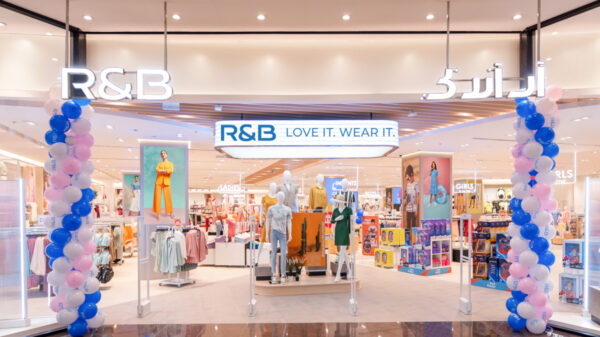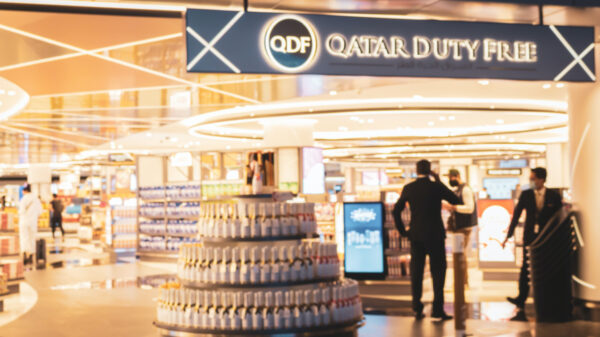The recent seismic shifts in the Saudi Arabian retail space, coupled with food inflation, have generated a pullback on promotions and price increases, according to NielsenIQ’s study entitled Navigating Disruption During Times of Change.
Saudi shoppers, however, efficiently adapted to a host of new challenges by prioritising convenience and essential products.
General director of NielsenIQ, Middle East, Andrey Dvoychenkov, said: “The Saudi market has recently been driven by price increases, with some prices raised by 10 to 15 per cent during the year, which is mostly due to the rising cost of raw materials.”
Mr Dvoychenkov drew attention to the uniqueness of the Saudi Arabian market “where the majority of products and raw materials are imported, making it essential for industry players to navigate supply chain disruptions and consider local substitutes to create more stability”.
As a result of the drastic changes, consumers in Saudi Arabia are scaling back by, for example, spending less on clothing and grooming.
At the same time, despite their intention to curtail spending, Saudi consumers still care deeply about quality. As NielsenIQ notes, the premium product segment is surging for local and international food brands, with 65 per cent of Saudi shoppers saying they are ready to pay more for quality products.
The key tactics consumers employ to tackle mounting economic challenges include weighing up the attributes that matter most, shopping online to seek the best deals and ditching certain categories of products. Noteworthy, Saudi shoppers have the lowest percentage globally of perceiving themselves to be in a recession despite turbulent times.
While the Kingdom’s consumers primarily shop in hypermarkets and supermarkets, there is a noticeable trend of faster growth in smaller format stores, such as grocery and convenience stores, said Mr Dvoychenkov. This can be attributed to a markedly lower price increase in these smaller format stores compared to traditional supermarkets.
Ambivalence of term ‘essential’
Regarding choice and product selection, 77 per cent of Saudi shoppers said that food prices have increased and are only willing to buy essentials.
Defining the term “essentials” for modern shoppers, Mr Dvoychenkov highlighted the need to be careful in how this term is perceived as consumers consider staple items like gluten-free flour as essential.
The NielsenIQ study emphasised the growing relevance of health and wellness in consumers’ minds, as more and more Saudi shoppers are willing to pay more for natural products and healthy supplements.
Prevalence e-commerce and convenience formats
The country has witnessed a 45 per cent growth in online sales in Q1, 2023 compared to last year, with e-commerce holding sway in the region, the report revealed.
“E-commerce growth is driven not only by convenience but also by an appetite for discounts. Online platforms offer a wide range of products, including ready-to-eat meals and foods catering to diverse consumer preferences,” added Mr Dvoychenkov.
“Convenience formats are also on the rise, with retailers like Viva, Gala, and Tamimi Express actively driving the expansion of these formats, offering everyday low prices and tailored assortments to meet consumers’ convenience-seeking needs.”
Retailers and manufacturers should polish their standards
Country leader for NielsenIQ in Saudi Arabia, Saleem Iftikhar, said that local retailers and manufacturers should reevaluate their strategies to keep up with evolving consumer demands: “Price matching, direct price-cutting campaigns, and loyalty-building initiatives are some of the propositions retailers are adopting to cater to price-conscious consumers while providing a pleasant shopping experience.”
The study drew home the importance of maintaining a pleasant ambience across stores and offering flawless customer service. “Consumers are increasingly seeking price and promotion-related saving strategies, and although promo efficiency has seen a slight decline, our analysis highlights the need for retailers to engage customers through various components, including price and entertainment,” added Mr Dvoychenkov.













